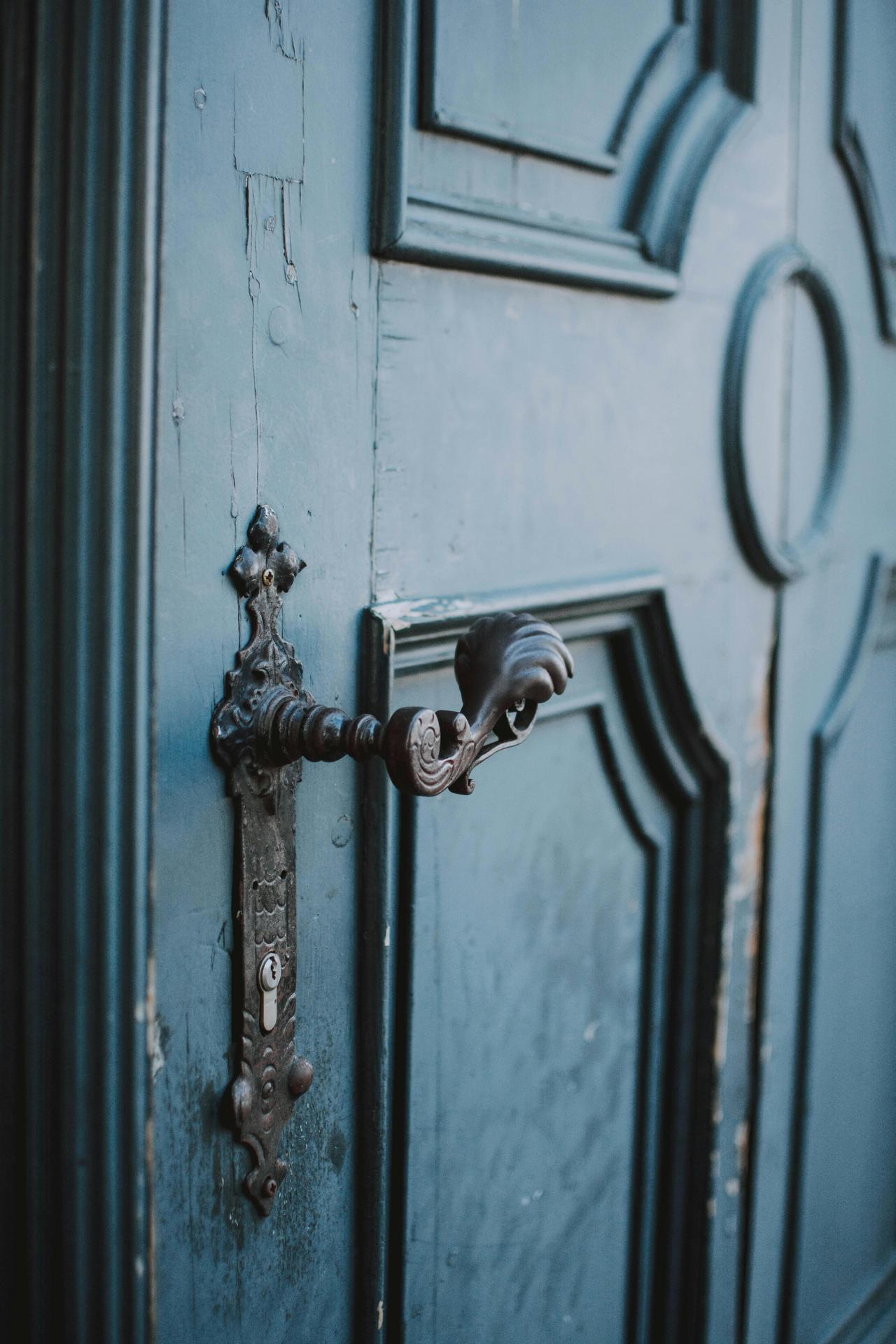Building a Decentralized Autonomous Organization: Principles, Processes, and Potential

Building a Decentralized Autonomous Organization (DAO) represents one of the most innovative applications of cryptocurrency and blockchain technology. DAOs are designed to function without centralized control, relying instead on blockchain-based protocols to enforce rules and execute decisions. This article explores the principles, processes, and potential of DAOs, providing a comprehensive understanding of how they work and their impact on various industries.
Introduction
The rise of blockchain technology has paved the way for decentralized applications, with DAOs standing out as a revolutionary concept. By leveraging smart contracts and distributed ledger technology, DAOs offer a new paradigm for organizational management, enabling communities to govern themselves autonomously and transparently. This shift from traditional centralized models to decentralized governance has profound implications for various sectors, from finance to social networks.
The Principles of Decentralized Autonomous Organizations
What is a DAO?
A Decentralized Autonomous Organization (DAO) is an entity represented by rules encoded as a computer program that is transparent, controlled by organization members, and not influenced by a central government. DAOs are managed by smart contracts on a blockchain, which allows them to operate without a traditional hierarchical structure.
// Example of a simple DAO smart contract in Solidity
pragma solidity ^0.8.0;
contract SimpleDAO {
mapping(address => uint) public balances;
address[] public members;
function join() public {
members.push(msg.sender);
balances[msg.sender] = 0;
}
function contribute() public payable {
balances[msg.sender] += msg.value;
}
function getBalance() public view returns (uint) {
return balances[msg.sender];
}
}
Core Principles
- Decentralization: Unlike traditional organizations, DAOs operate without a centralized authority. Decision-making power is distributed among stakeholders.
- Autonomy: Once deployed, DAOs function autonomously based on the rules encoded in their smart contracts.
- Transparency: All transactions and rules are recorded on the blockchain, ensuring transparency and accountability.
| Principle | Description |
|---|---|
| Decentralization | Distribution of control among all members |
| Autonomy | Self-executing operations based on pre-defined rules |
| Transparency | Publicly accessible transaction records on the blockchain |
Processes of a DAO
Formation and Deployment
The formation of a DAO involves writing smart contracts that define the organization’s rules and governance structure. These smart contracts are then deployed on a blockchain, making them immutable and transparent.
“Smart contracts are the backbone of DAOs, ensuring that the organization operates according to predefined rules without the need for human intervention.”
Governance Mechanisms
DAOs use various governance mechanisms to make decisions, such as token-based voting systems. Members hold tokens that represent their voting power, allowing them to participate in decision-making processes.
# Example of a simple voting mechanism
def vote(proposal_id, vote, voter_balance):
if vote:
proposal_votes[proposal_id] += voter_balance
else:
proposal_votes[proposal_id] -= voter_balance
proposal_id = 1
vote = True
voter_balance = 100
vote(proposal_id, vote, voter_balance)
print(f"Proposal {proposal_id} votes: {proposal_votes[proposal_id]}")
Fund Management
DAOs often manage their funds using multi-signature wallets or other decentralized financial tools. This ensures that funds are only spent according to the collective decisions of the organization.
Potential of DAOs
Transforming Industries
DAOs have the potential to revolutionize various industries by providing a new way to organize and manage resources. For instance, in the finance sector, DAOs can facilitate decentralized investment funds where decisions are made collectively by token holders.
Enhancing Trust and Efficiency
By eliminating the need for intermediaries and ensuring transparency, DAOs can enhance trust and efficiency in organizational processes. This is particularly beneficial in sectors where transparency and accountability are crucial, such as supply chain management.
Challenges and Considerations
Security Concerns
One of the significant challenges facing DAOs is security. Since DAOs are governed by smart contracts, any vulnerability in the code can be exploited, leading to potential financial losses.
Legal and Regulatory Issues
The legal status of DAOs remains uncertain in many jurisdictions. Regulators are still grappling with how to classify and regulate these decentralized entities, which can create uncertainty for participants.
Conclusion
Decentralized Autonomous Organizations represent a paradigm shift in how organizations can be structured and managed. By leveraging the principles of decentralization, autonomy, and transparency, DAOs offer a new model for governance that has the potential to transform various industries. However, challenges such as security and regulatory issues need to be addressed to realize their full potential. As the technology and regulatory landscape evolve, DAOs are likely to play an increasingly significant role in the future of organizational management.
Excited by What You've Read?
There's more where that came from! Sign up now to receive personalized financial insights tailored to your interests.
Stay ahead of the curve - effortlessly.

